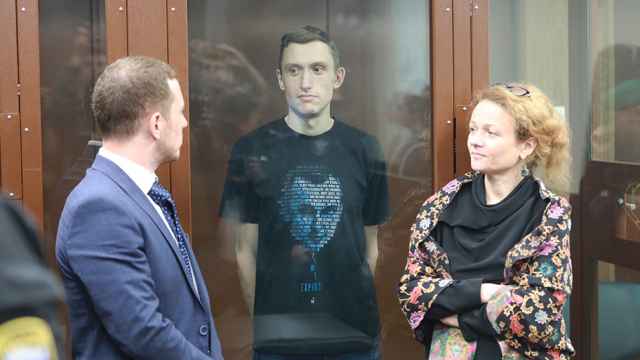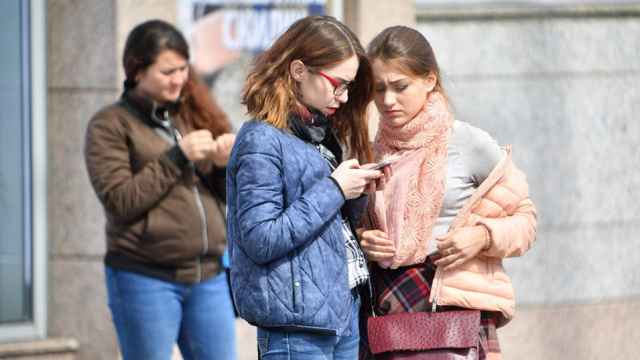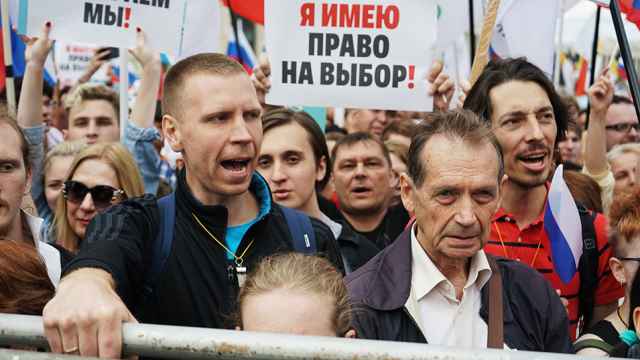Moscow City Hall has refused to give permission for a rally against the
infamous anti-terror legislation “the Yarovaya package,” organizer
Leonid Volkov wrote on Twitter Monday. Volkov, an ally of the opposition
leader Alexei Navalny, said that city authorities had claimed that the
spot for the rally was already booked for another event.
The area had been approved for the rally earlier this month, but Moscow
officials later revoked the permit, citing inaccuracies on the
application form. Volkov and other activists were then rejected after
applying for a second time. The group moved to sue City Hall over the
issue last week, with the court expected to rule on the suit on Monday.
“I can't even imagine which laws they haven't violated [by rejecting the
application and not offering an alternative location],” Volkov wrote on
Facebook.
The politician also claimed that an official from the Human Rights
Ombudsman's office had called him to condemn the actions of City Hall as
“illegal” and “appalling.” Volkov was assured that the Ombudsman's
office was monitoring the situation and is planning to contact City Hall
and the Interior Ministry in order to force them to issue the permit,
he said.
The protest is against a controversial series of hard-hitting
anti-terrorism laws was passed by the Russian State Duma and signed by
president Vladimir Putin this summer. Ultraconservative United Russia
lawmaker Irina Yarovaya submitted the bills alongside Federation Council
member Viktor Ozerov.
The changes to existing legislation will tighten
restrictions on Russians suspected of committing terrorist and extremist
activities.
The proposals are wide-ranging and include harsher penalties for
inciting or justifying terrorism online, requiring parcels to be checked
for illegal items and increasing the number of crimes with which
children aged between 14 and 17 can be charged.
Communications companies will also see a crackdown, with the new laws
requiring them to monitor the content of phone calls and messages and to
keep them on file for six months. All messaging apps which use
encryption will also be required to add additional code allowing access
to the Russian security services.
A Message from The Moscow Times:
Dear readers,
We are facing unprecedented challenges. Russia's Prosecutor General's Office has designated The Moscow Times as an "undesirable" organization, criminalizing our work and putting our staff at risk of prosecution. This follows our earlier unjust labeling as a "foreign agent."
These actions are direct attempts to silence independent journalism in Russia. The authorities claim our work "discredits the decisions of the Russian leadership." We see things differently: we strive to provide accurate, unbiased reporting on Russia.
We, the journalists of The Moscow Times, refuse to be silenced. But to continue our work, we need your help.
Your support, no matter how small, makes a world of difference. If you can, please support us monthly starting from just $2. It's quick to set up, and every contribution makes a significant impact.
By supporting The Moscow Times, you're defending open, independent journalism in the face of repression. Thank you for standing with us.
Remind me later.





